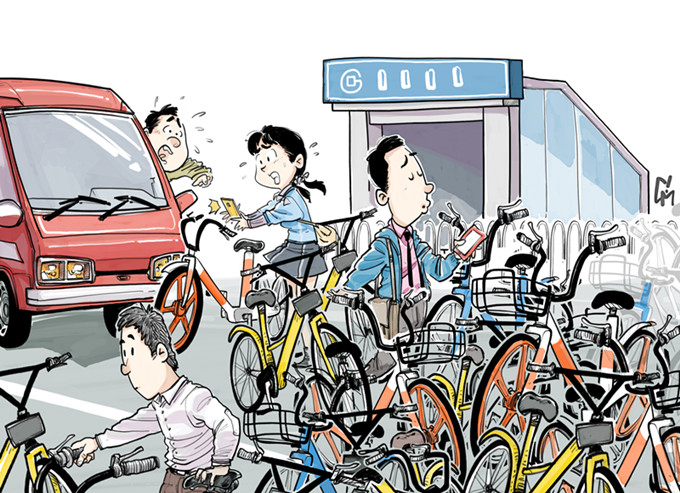Careful handling of hot potato
But we should not be that optimistic. Considering the continuous monetary easing policies adopted by central banks across the world and the appreciation pressures on the yuan, the latest short-term capital inflow is likely to continue to the end of 2013 and perhaps longer.
The State Administration of Foreign Exchange has worked out a series of measures aimed at curbing the influx of speculative capital. These include a strengthened clampdown on transfer pricing activities via trading channels and a stricter control of foreign exchange loans by domestic financial bodies. These measures should help check the inflow of profiteering short-term capital.
Some believe that China should lower interest rates as a way of narrowing its interest rate gap with foreign countries and containing short-term capital inflows, especially at a time when developed countries have raced to cut interest rates. But for a big economy such as China, interest rate policies should aim to control inflation. Despite being at a relatively low level, the country's inflation is likely to rise in the coming months. This means China has no room for interest rate cuts. Lower interest rates would also push property prices higher and fuel property bubbles. Expectations for a continuing rise in house prices will only accelerate the inflow of foreign short-term capital.
To more effectively check the influx of speculative capital, China should tighten its capital account regulation. It can resort to the measures it employed in the first half of 2008 to curb capital inflows via transfer pricing in trade transactions. The departments of foreign exchange, commerce and customs should work together to guard against illegal activities in transfer pricing. At the same time, these departments should strengthen monitoring with domestic commercial banks to trace the flow of foreign investment funds. These measures, if implemented, will effectively hedge against a large-scale short-term influx of capital.
In view of the fact that expectations for the yuan's appreciation against the US dollar have served as a major cause of the short-term capital inflows, China's central bank should adopt various measures to ease such expectations, including interventions into the fluctuation of the yuan's exchange rate against the dollar through regulating its central parity rate and temporary suspension of measures aimed at expanding the daily limitation of its fluctuations against the dollar.
The positive repurchases and central bank bonds recently re-launched by China's monetary authorities to tighten fluidity are also expected to help curb the influx of speculative capital.
The author is a researcher with the Institute of World Economics and Politics under the Chinese Academy of Social Sciences.

























